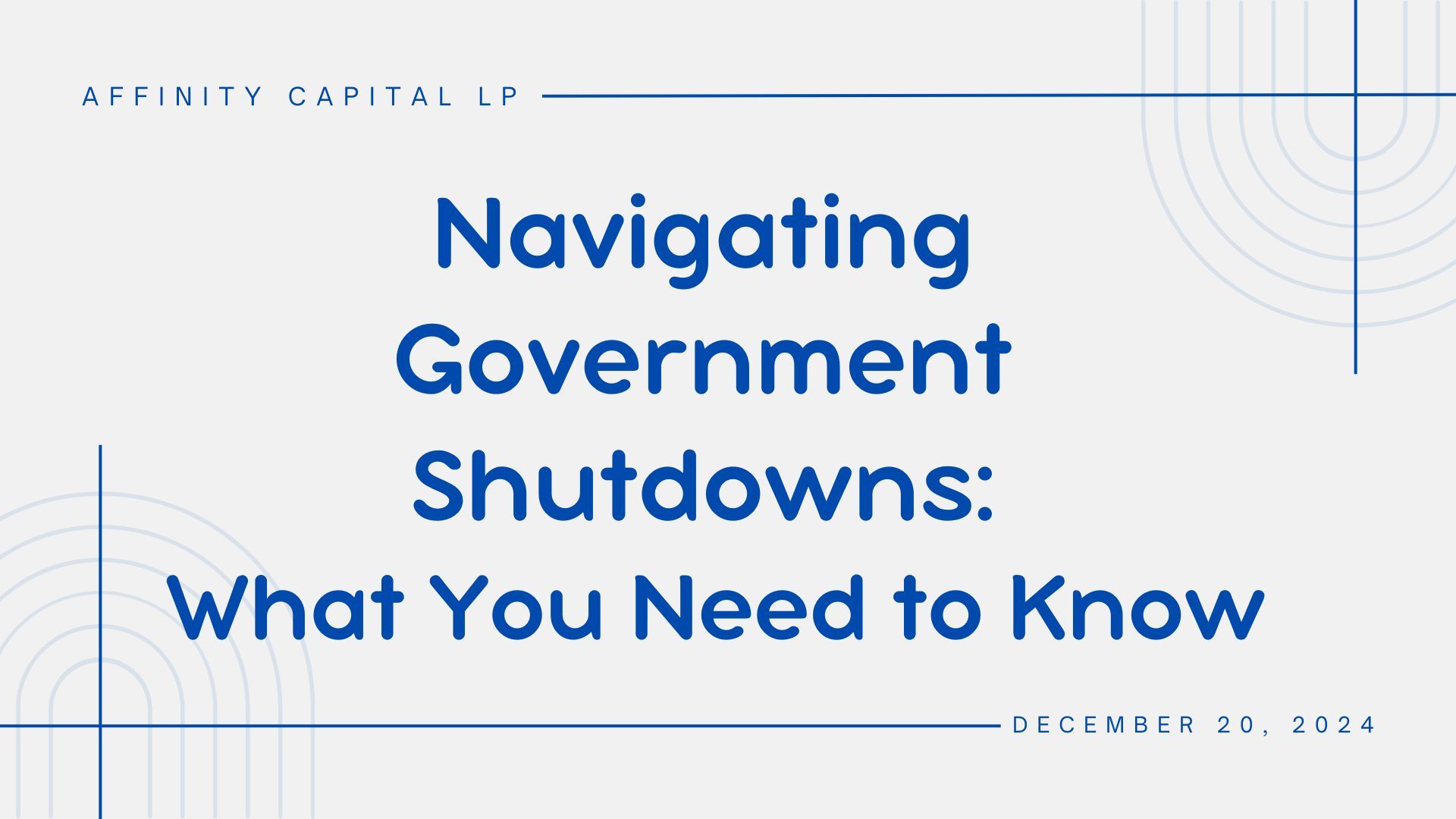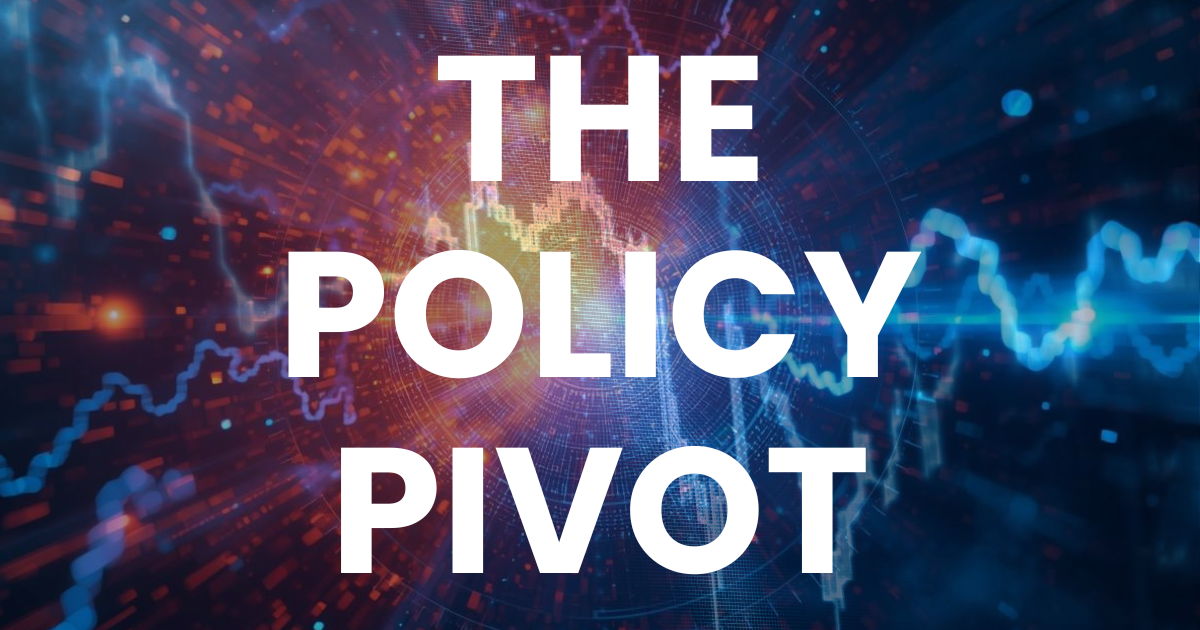Navigating Government Shutdowns: What You Need to Know

As we continue to navigate the complexities of the financial landscape, it’s important to understand the potential impact of government shutdowns on markets and our investments. While not to downplay the seriousness of these events, they can often be blown out of proportion by the media, attracting attention for ratings rather than reflecting the true economic impact.
Historically, government shutdowns have had a surprisingly limited effect on financial markets. Shutdowns occur when Congress fails to pass funding legislation for federal agencies and programs, leading to the partial closure of government operations. In the past, these events have created short-term volatility, but the long-term impact on the markets has been minimal.
For instance, during the longest government shutdown in U.S. history, which lasted 35 days in 2019, the stock market experienced some fluctuations. However, the overall effect was relatively minor, with the S&P 500 index showing resilience. The Congressional Budget Office estimated that this shutdown cost the economy $3 billion in lost economic activity, a significant amount but not enough to derail the broader market trends.
One reason for the limited market impact is that essential services and critical payments continue to operate during a shutdown. Social Security checks, military operations, and interest payments on the national debt are unaffected. However, some services, such as national parks, food inspections, and various federal offices, do experience disruptions.
Government workers who are furloughed during a shutdown typically receive back pay once the government reopens. While this can cause short-term financial uncertainty for those workers, they are ultimately compensated for the time missed.
Looking at the history of government shutdowns, we see that they are not new phenomena. Since the modern budget process was established in the 1970s, there have been multiple shutdowns of varying lengths. These events often stem from political disagreements and are usually resolved through negotiations and compromise. The timeline for each shutdown varies, but most have lasted only a few days to a couple of weeks, with the 2019 shutdown being a notable exception.
As your investment advisor, we remain vigilant and proactive in managing your portfolio through these potential disruptions. We monitor the situation closely and make necessary adjustments to ensure your investments remain well-positioned to weather any short-term volatility. It's crucial to remember that while government shutdowns can cause temporary disruptions, they rarely have a lasting impact on the financial markets.
In conclusion, government shutdowns may capture headlines and cause concern, but their long-term effects on markets and the economy are generally limited. By staying informed and maintaining a long-term perspective, we can navigate these challenges together and continue to achieve your financial goals. If you have any questions or concerns, please do not hesitate to reach out to us.
Thank you for your continued trust and confidence in our services.




